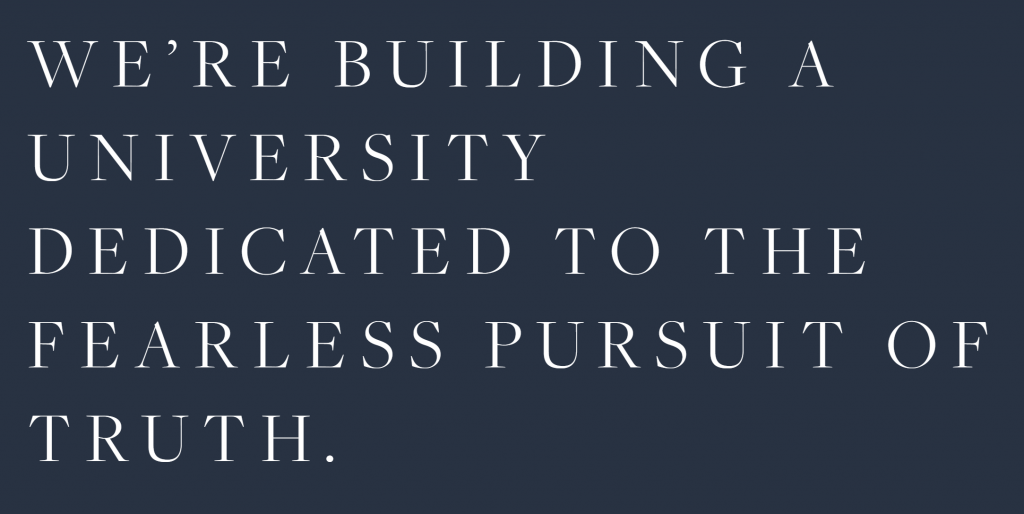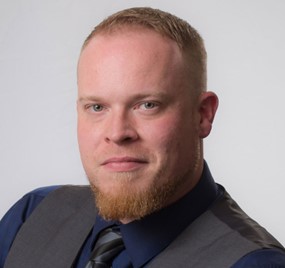You know, this very morning my students and I discussed the value of sex in a good life, the question of whether “incels” and others should have a right to sex, and why this is a question worth asking. In order to cover controversial questions like this, I teach this course on my own time, in secret—like most other professors of moral and political philosophy. (We meet in the “Great Books” room of the library, since no one goes there anymore.) It is so refreshing to learn that a university will finally have the guts to put something like “Contemporary Moral Problems” in its course catalog.
A new university is being created with a faculty of academics and media personalities who, unlike you and the university you work or study at, care about the truth:
It will have a physical campus in Austin, Texas, because “it’s good enough for [thinkers as radically different from one another as] Elon Musk and Joe Rogan.”
In all seriousness, I think there are multiple reasons to favor experiments in higher education, so if the University of Austin survives its over-fertilized beginnings and blossoms into something beyond a safe space for status-quo warriors, that would be great. As an experiment in higher education, the University of Austin does not strike me as all that radical. (Jason Brennan of Georgetown University has his own reasons for thinking that, which he shares here.) But it has some very talented and, I’m sure, well-meaning people involved, so we’ll see. In the meanwhile, what would constitute a radical experiment in higher education?
* * * * *

The University of Austin aims to start an undergraduate college in 2024. In the meanwhile, there are plans to launch MA programs in several fields, including: “Entrepreneurship and Leadership”, “Politics and Applied History,” and “Education and Moral Panics.”

And, might I add, they care about it fearlessly:
Related: “Illusion and Agreement in the Debate over Intolerance”

You can read the announcement of the creation of University of Austin from its president, Pano Kanelos, here.
Okay, okay, okay. Some of you will have not liked that ( ↑ ) at all.
Featuring a number of faculty who have fearlessly quit previous jobs rather than be around people who disagreed with them, the University of Austin promises to be “fiercely independent—financially, intellectually, and politically,” by being funded via a libertarian think tank.

The full curriculum is still in development, though it appears the university’s first offering will be a summer program entitled “Forbidden Courses”:





